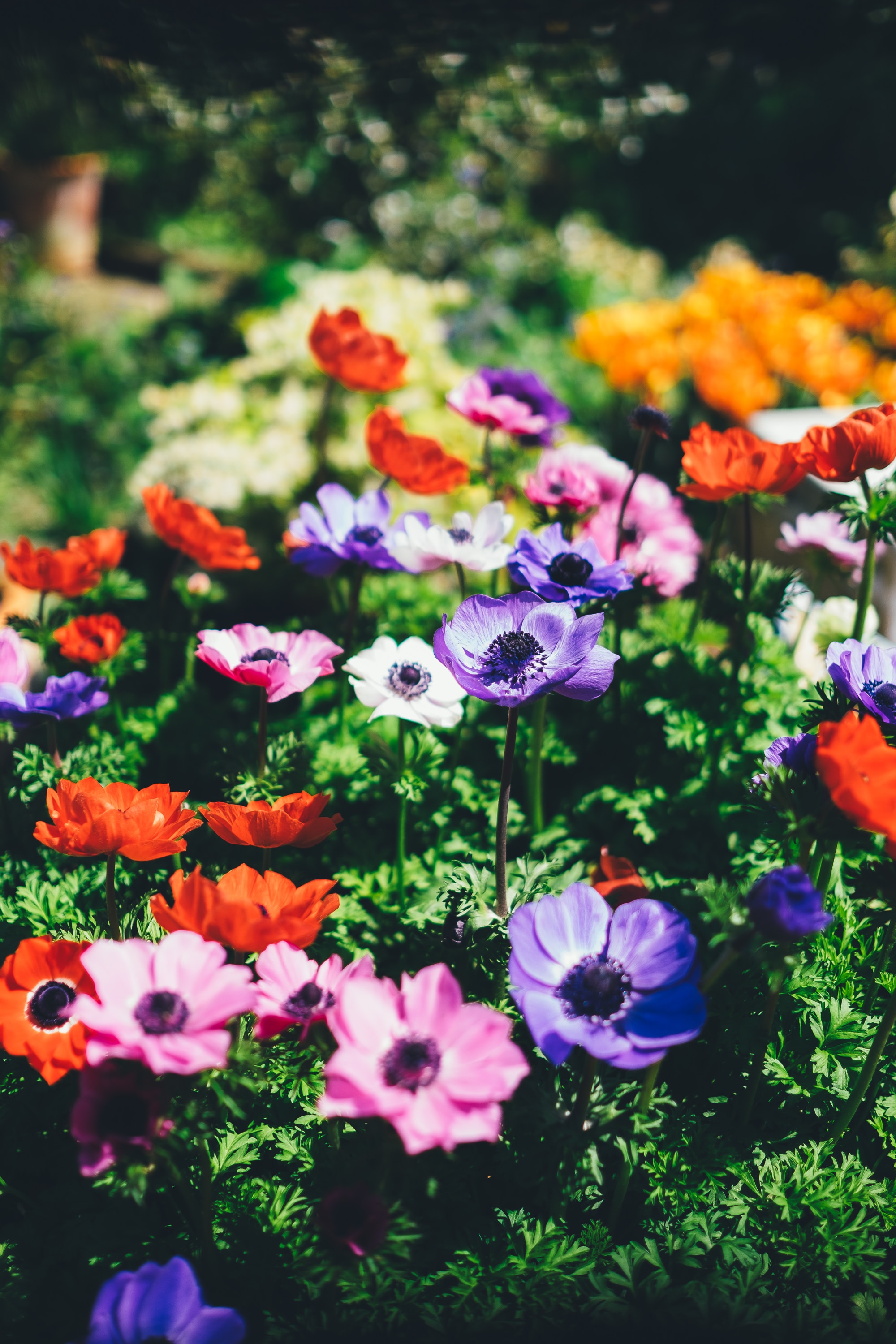Thirty-six
- Judith Cox

- May 13, 2021
- 3 min read
Updated: May 15, 2021
Indoor plants for the Christmas season.
Greetings fellow gardeners,
Such a soggy week it has been. November seems to have a hard time making up its mind when it comes to the weather.
It would seem that Christmas giving has begun, as I received a lovely African Violet from a Secret Santa the other day. The violet went right into the light stand plant compound so that it could be protected from the too-many cats. When you give plants to people this holiday season, please be aware that many are poisonous or mildly toxic. Cats, dogs, birds, guinea pigs, lizards and toddlers tend to be curious and use their sense of taste to explore their world.
This being the Christmas season, you may find yourself with a poinsettia (Euphorbia pulcherrima). Many people believe that the poinsettia is highly poisonous, which it is not. If it is ingested, it may cause a rash on the mouth and an upset tummy, so it is wise to keep it up and away. Enjoy your poinsettia for the holiday and plant it outside for the summer.
Lilies such as the Asiatics (lilium), daylilies (Hemerocallis), Peace lily (spathiphylum) or lily of the valley are all toxic. Even though I have my plant compound, I do not take chances when it comes to lilies.
Daffodils and Narcissuses are often used indoors for a start to the season. My daffodil is still rooting away in its glass container inside the compound. I am aware that it is not to be nibbled.

Bulb week 4
While tulips can be consumed by humans during desperate times, they are very toxic to cats. Amaryllis will also cause disturbing symptoms if consumed. Hyacinths are poisonous and contain oxalic acid. They can irritate your skin, so wear gloves as a precaution. I have not found that the animals are that interested in these plants, but I shall err on the side of caution. Children, unlike curious cats, are attracted to bright colours and will often want to taste the plant because it looks like candy. Cats and dogs tend to want to nibble the tender green portions of plants.
Just as there are toxic plants, there are many indoor plants that are not toxic. My African violet is in the Gesneriaceae family. Plants in this family, in addition to the African violet, include gloxinias and varieties of streptocarpus. These plants do not present a problem. I like to try to keep a begonia or two around over the winter as well: such happy plants and quite edible. Scented geraniums are also edible, thus both of these choices are safe.

Begonia and violet
You can grow herbs as indoor plants. Chives, rosemary, and parsley work well inside for the winter. I bring plants in from the garden, but you can start them from seeds. Herbs are safe plants to grow.

Flat-leaved parsley
Last week I mentioned a few seed catalogues that I thought you might like to try. I have another that you might enjoy if, like me, you like heritage vegetables. Heritage Harvest Seeds at www.heritageharvestseed.com is an interesting catalogue to check out. This year they are not offering a paper catalogue, but you can order online.
I had intended to go through some tools with you as I cleaned them, but life has been busy. The tools will have to wait.
The snow seems to be returning and I am going to have to add another log to the fire. Enjoy your week and all the fluster that there is during the holiday season.
Judith (Email: lapisdragonarts@gmail.com)
All Veggie Bites are available at the SGHS website: (https://sites.google.com/site/sghortsoc/)



Comments